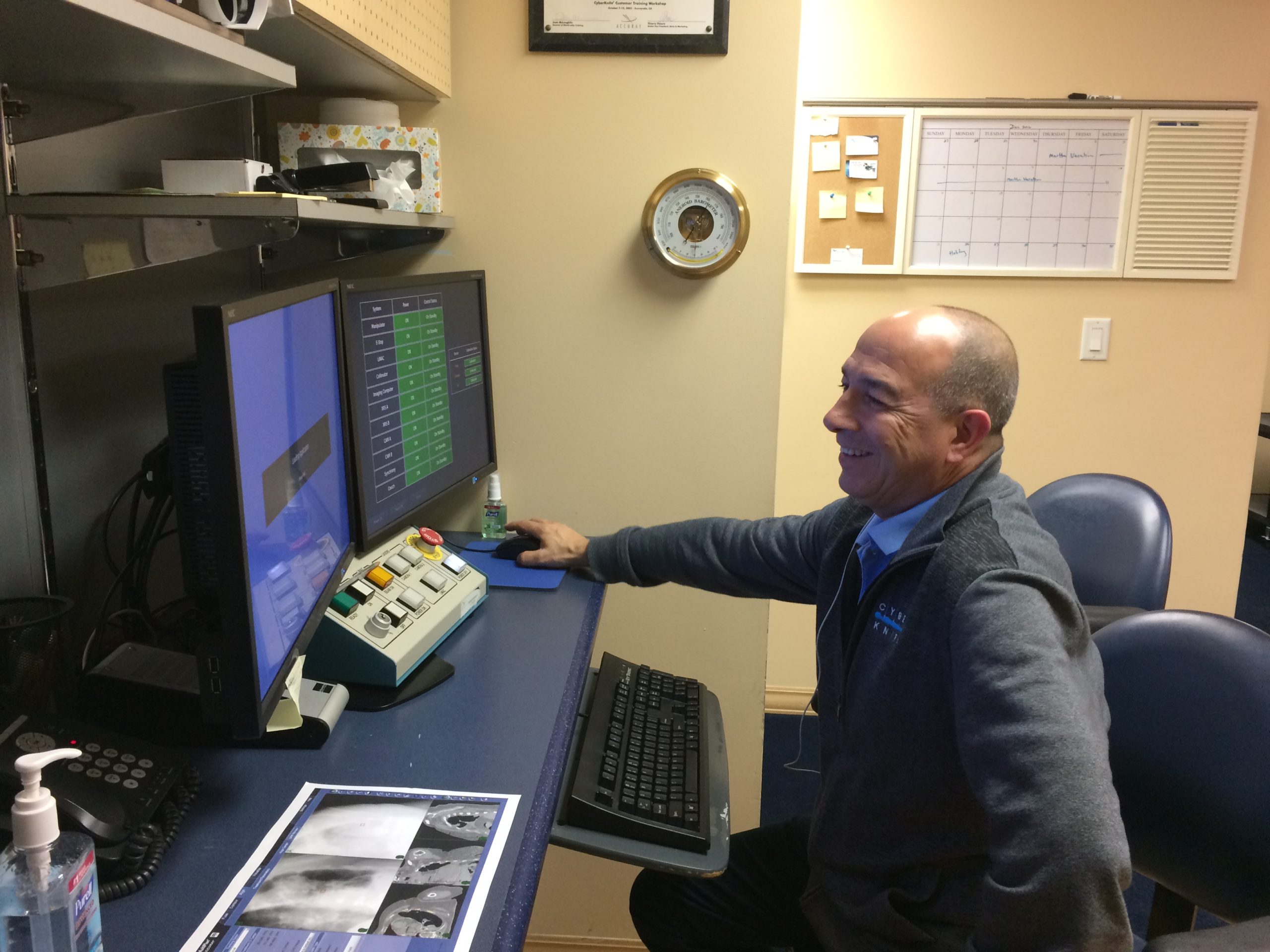There comes a time in every man’s life when they should visit their physician regularly to stay on top of their health. One of the growing concerns for men as they get older is their prostate. With the typical check-ups that physicians perform now, it can be difficult to catch health concerns, such as a tumor, in the early stages. Two newly published studies have presented new diagnostic techniques that may help physicians catch the most aggressive forms of prostate cancer in the early stages.
A Study of Two Parts
The hope for early diagnosis comes from two different studies. The first, performed by the University of East Anglia, offered an original way to measure gene expression in tumor samples and predict disease severity. The other study, from Australia, presented a new kind of imaging technique that would be able to detect the growth and spread of prostate cancer with more accuracy than ever before.
Lead researcher on the University of East Anglia study, Colin Cooper explained, “Prostate cancer is the most common cancer in men in the UK. It usually develops slowly and the majority of cancers will not require treatment in a man’s lifetime. However, doctors struggle to predict which tumors will become aggressive, making it hard to decide on treatment for many men.” (“New Diagnostic Tools Aim To Catch Aggressive Prostate Cancer Early”) With almost 2,000 prostate tumor samples, the study focused on a specific gene expression pattern linked to the most aggressive clinical cases. The patterns revealed that the amount of a specific subtype of cells, named DESNT, was directly correlated with the progression of the disease. The goal is that identifying the DESNT cells will act as a biomarker to identify which prostate cancer patients need more urgent invasive treatments.
Discovering when prostate cancer has developed or spread is important for identifying a suitable treatment plan. The research team on the Australian study tested a new imaging technique for the effectiveness of reporting data on the spread of prostate cancer. Declan Murphy, senior author on the new imaging study said, “Around one in three prostate cancer patients will experience disease relapse after surgery or radiotherapy. This is partly because current medical imaging techniques often fail to detect when the cancer has spread, which means some men are not given the additional treatments they need.” (“New Diagnostic Tools Aim To Catch Aggressive Prostate Cancer Early”) Prostate cancer imaging used today is a combination of bone and CT scans. The technique presented in this study utilizes CT and PET imaging. The CT scan provides data on the body structure. Patients are given a molecule called Prostate-Specific Membrane Antigen (PSMA); this helps to identify prostate cancer cells in the PET scan. So the two imaging techniques combined offer a detailed picture of where in the body prostate cancer cells may be.
With prostate cancer risk and spread detection becoming more accessible, physicians can take action faster to create a treatment plan for patients. Quick action allows for the use of non-invasive treatments such as the CyberKnife System. Dr. Mark Pomper from the CyberKnife Center of Miami remarked, “[In the past] most patients really didn’t have much of a choice when they went for radiation therapy. They had to undergo 40 treatments or 12 weeks of therapy. Now you can get it in 5 treatments if you go for the CyberKnife system.” It was designed to provide treatment for prostate cancer with as little impact on your life as possible so you can quickly and painlessly get back to a healthy, full life. To schedule an appointment or to learn more about our prostate treatments, call (305) 279-2900 or visit www.cyberknife.com/prostate-cancer/.
“New Diagnostic Tools Aim To Catch Aggressive Prostate Cancer Early”. New Atlas, 2020, https://newatlas.com/medical/new-diagnostic-tools-imaging-aggressive-prostate-cancer-metastatic/.

